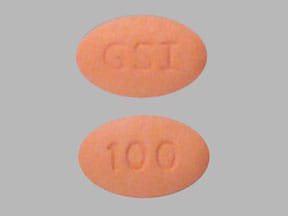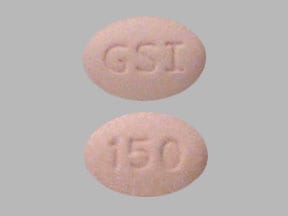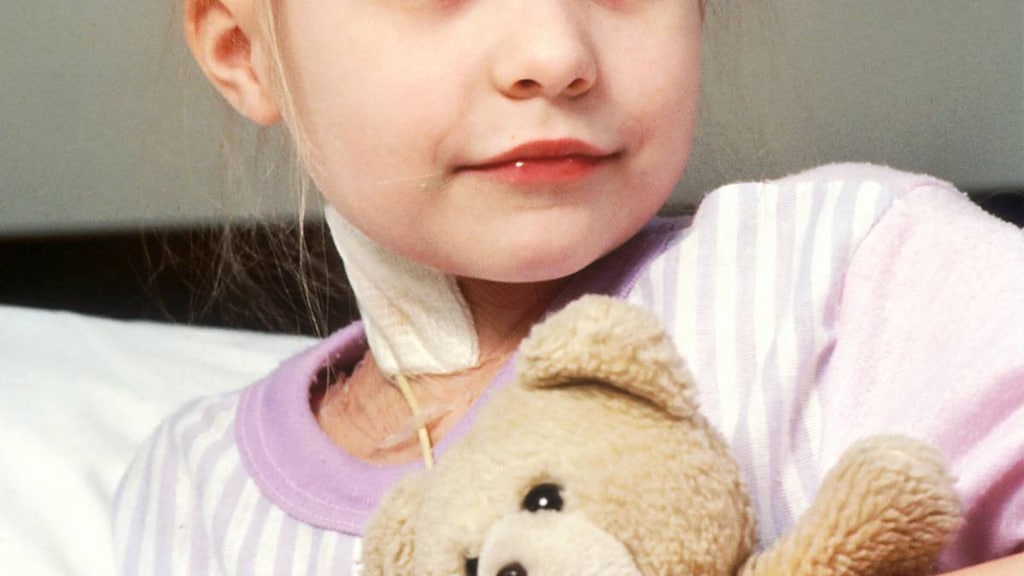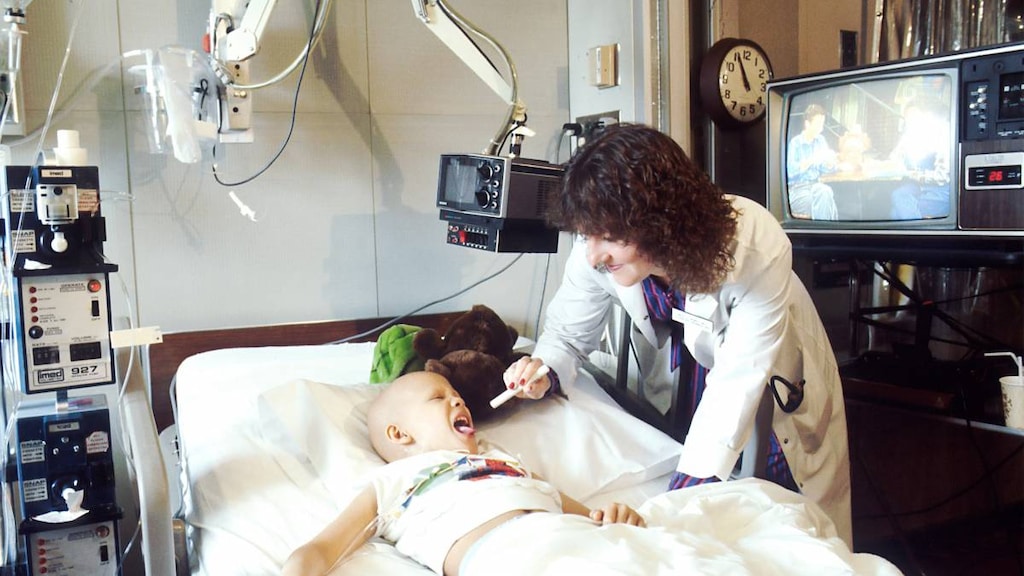What is Zydelig?
Zydelig is a prescription medicine used to treat people with chronic lymphocytic leukemia (CLL), in combination with rituximab, when CLL comes back after prior cancer treatment and when rituximab treatment alone may be used due to other health problems.
Zydelig should not be used as the first medicine to treat anyone, including people with CLL, small lymphocytic lymphoma (SLL), follicular lymphoma (FL), and other slow growing (indolent) non-Hodgkin lymphomas.
Zydelig should not be used in combination with bendamustine and rituximab, or in combination with rituximab to treat people with FL, SLL, and other indolent non-Hodgkin lymphomas.
It is not known if Zydelig is safe and effective in children.
What is the most important information I should know about Zydelig?
Zydelig can cause serious side effects that can lead to death, including:
- Liver problems. Abnormal liver blood test results are common during treatment with Zydelig. Zydelig can cause severe liver problems. Your healthcare provider will do blood tests before and during your treatment with Zydelig to check for liver problems. Tell your healthcare provider right away if you get any of the following symptoms of liver problems:
- yellowing of your skin or the white part of your eyes (jaundice)
- dark or brown (tea colored) urine
- pain in the upper right side of your stomach area (abdomen)
- bleeding or bruising more easily than normal
- Severe diarrhea. Diarrhea is common during treatment with Zydelig and can sometimes be severe. Tell your healthcare provider right away if the number of bowel movements you have in a day increases by six or more. Ask your healthcare provider about medicines you can take to treat your diarrhea.
- Lung problems (pneumonitis). Your healthcare provider may do tests to check your lungs if you have breathing problems during treatment with Zydelig. Tell your healthcare provider right away if you get new or worsening cough, shortness of breath, difficulty breathing, or wheezing. Your healthcare provider may treat you with a corticosteroid medicine if you develop lung problems.
- Infections. Zydelig can cause serious infections that may lead to death. Tell your healthcare provider right away if you have a fever or any signs of an infection during treatment with Zydelig.
- Tear in intestinal wall (perforation). Tell your healthcare provider or get medical help right away if you get new or worsening stomach area (abdomen) pain, chills, fever, nausea, or vomiting.
- Severe skin reactions. Tell your healthcare provider right away if you get any of the following symptoms during treatment with Zydelig:
- painful sores or ulcers on your skin, lips, or in your mouth
- severe rash with blisters or peeling skin
- rash with itching
- fever
- enlarged lymph nodes
If you have any of the above serious side effects during treatment with Zydelig, your healthcare provider may completely stop your treatment, stop your treatment for a period of time, or change your dose of Zydelig.
See "What are the possible side effects of Zydelig?" for more information about side effects.
Who should not take Zydelig?
Do not take Zydelig if you:
- have had a serious allergic reaction to idelalisib.
- have had a severe skin reaction called toxic epidermal necrolysis (TEN) to any drug.
What should I tell my healthcare provider before taking Zydelig?
Before taking Zydelig, tell your healthcare provider about all of your medical conditions, including if you:
- have liver problems
- have lung problems
- have an infection
- are pregnant or plan to become pregnant. Zydelig may harm your unborn baby. Females who are able to become pregnant should have a pregnancy test before starting treatment with Zydelig.
- Females who are able to become pregnant should use effective birth control (contraception) during treatment with Zydelig and for 1 month after the last dose of Zydelig. Talk to your healthcare provider about birth control methods that may be right for you. Tell your healthcare provider right away if you become pregnant or think you are pregnant during treatment with Zydelig.
- Males with female partners who are able to become pregnant should use effective birth control (contraception) during treatment with Zydelig and for 3 months after the last dose.
- are breastfeeding or plan to breastfeed. It is not known if Zydelig passes into your breast milk. Do not breastfeed during your treatment with Zydelig and for 1 month after the last dose.
Tell your healthcare provider about all the medicines you take, including prescription and over-the-counter medicines, vitamins, and herbal supplements. Zydelig and certain other medicines may affect each other. Know the medicines you take. Keep a list of your medicines and show it to your healthcare provider and pharmacist when you get a new medicine.
How should I take Zydelig?
- Take Zydelig exactly as your healthcare provider tells you to take it.
- Your healthcare provider may change your dose of Zydelig or tell you to stop taking Zydelig. Do not change your dose or stop taking Zydelig without first talking to your healthcare provider.
- Take Zydelig 2 times a day.
- You may take Zydelig with or without food.
- Take Zydelig tablets whole.
- Do not miss a dose of Zydelig. If you miss a dose of Zydelig by less than 6 hours, take the missed dose right away. Then take your next dose as usual. If you miss a dose of Zydelig by more than 6 hours, wait and take the next dose of Zydelig at your usual time.
What are the possible side effects of Zydelig?
Zydelig can cause serious side effects, including:
- See "What is the most important information I should know about Zydelig?"
- Serious allergic reactions, including a severe reaction known as anaphylaxis. Tell your healthcare provider or get medical help right away if you have signs or symptoms of a serious allergic reaction during treatment with Zydelig, including:
- swelling of the face, lips, or tongue
- trouble breathing or swallowing
- feeling dizzy or faint
- rash or hives
- cough
- a fast heartbeat
- Low white blood cell count (neutropenia). Neutropenia is common during treatment with Zydelig and can sometimes be severe. Your healthcare provider will check your blood counts regularly during treatment with Zydelig. Tell your healthcare provider right away if you have a fever or any signs of an infection during treatment with Zydelig.
The most common side effects of Zydelig when used in combination with rituximab include:
- pneumonia
- fever
- tiredness
- rash
- cough
- nausea
Tell your healthcare provider if you have any side effect that bothers you or that does not go away.
These are not all the possible side effects of Zydelig. Call your doctor for medical advice about side effects. You may report side effects to FDA at 1-800-FDA-1088.
Zydelig Images
General information about the safe and effective use of Zydelig
Medicines are sometimes prescribed for purposes other than those listed in a Medication Guide. Do not use Zydelig for a condition for which it was not prescribed. Do not give Zydelig to other people, even if they have the same symptoms you have. It may harm them. You can ask your healthcare provider or pharmacist for information about Zydelig that is written for health professionals.
How should I store Zydelig?
- Store Zydelig between 68°F to 86°F (20°C to 30°C).
- Keep Zydelig in its original container.
- Do not use Zydelig if the seal over the bottle opening is broken or missing.
Keep Zydelig and all medicines out of reach of children.
What are the ingredients in Zydelig?
Active ingredient: idelalisib
Inactive ingredients: microcrystalline cellulose, hydroxypropyl cellulose, croscarmellose sodium, sodium starch glycolate, and magnesium stearate. The tablet coating contains polyethylene glycol, talc, polyvinyl alcohol, titanium dioxide and FD&C Yellow #6 or Sunset Yellow FCF Aluminum Lake (for the 100 mg tablet) and red iron oxide (for the 150 mg tablet).
For more information, call 1-800-445-3235 or go to www.Zydelig.com.







